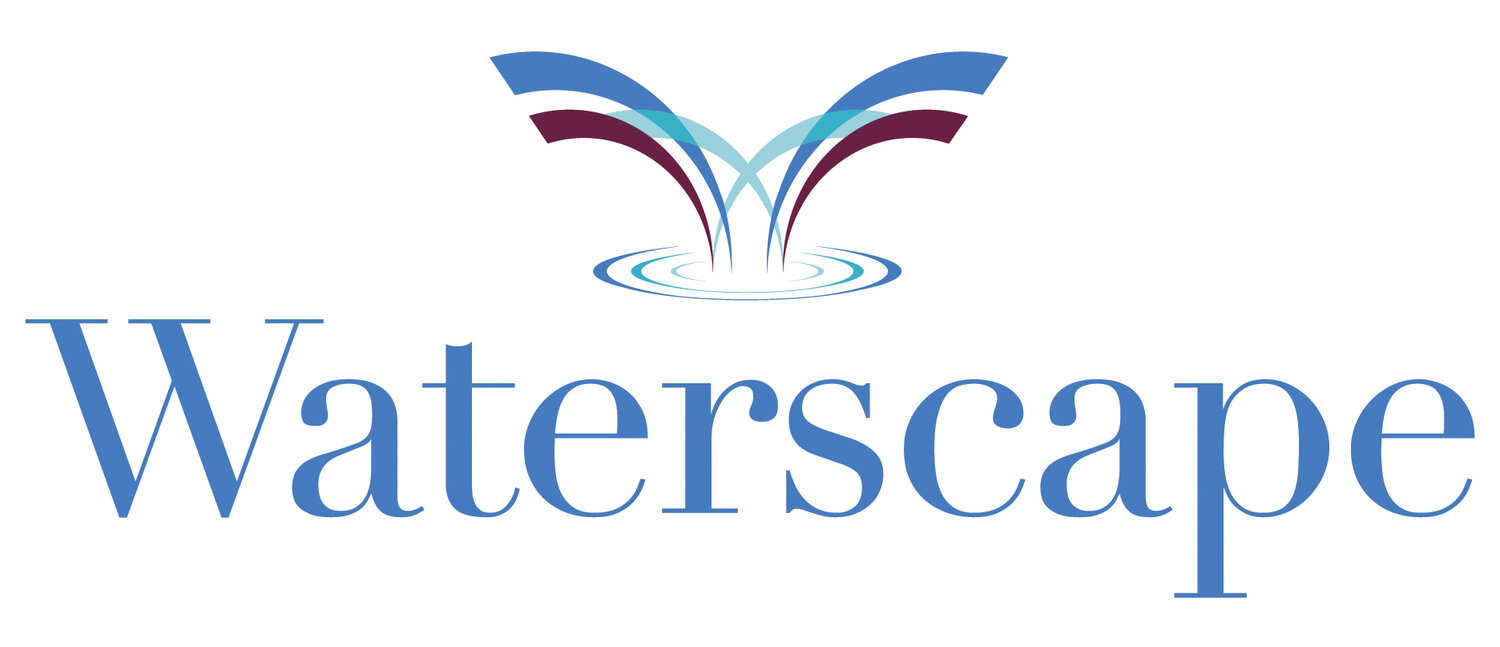Frequently Asked Questions:
1. What is a homeowner's association?
A Homeowners’ association is a not-for-profit corporation of which all Homeowners within a community are members. The community association gives continuity to the community, preserves the architectural integrity, maintains the common properties, and promotes the community concept while protecting the community's property values.
2. What is my responsibility to the association?
Each homeowner is responsible to read and comply with the governing documents of the community, treat neighbors and association leaders honestly and with respect, maintain property according to established standards, vote in community elections and other issues, pay association assessments and charges on time, and provide current contact information to association leaders or managers.
3. What is the purpose of the governing documents?
The purpose of a community association's governing documents is to provide for the legal structure and operation of the community. The documents:
Define the rights and obligations of both the association and its owners.
Create a binding relationship between each owner and the association.
Establish the mechanisms for governing and funding the association's operations.
Set forth rules and standards for the:
Protection of both owners and the community
Enhancement of property values
Promotion of harmonious living
4. What types of use rules might affect my home?
The Homeowner's Association's (HOA) governing documents may contain rules relating to trees, landscaping, pets, clotheslines, fences, parking, home businesses, rental of homes, and other issues. You should carefully read the governing documents to understand the nature of these restrictions.
5. What do my dues cover?
All community associations have fees or dues (assessments) which must be paid to the association. Depending on the association, the assessments may be paid monthly, quarterly, or annually and may cover such costs as:
a. Landscape and maintenance of common areas
b. Repairs and maintenance of amenities
c. Social activities
d. Insurance
6. What doesn't the HOA do?
Your HOA management team is there to protect property values for all homeowners. It has no authority over disputes or disagreements between neighbors, cannot act as a substitute for police or law enforcement, cannot supply security services, or attempt to control county or city services.
7. What are the CC&R’s?
The Covenants, Conditions & Restrictions are guidelines that were established to ensure a level of design consistency and help establish an overall character for the community. All residents are required to familiarize themselves with these documents. In the event you wish to make any changes or improvements to the exterior of your home or lot, you must receive the necessary review and approvals to comply with the terms of the CC&R’s. Builders are typically responsible for initial construction, design and installation.
8. Can the Homeowners Association restrict the types of improvements I can make to my home?
The governing documents require that you submit plans and specifications for approval before you make any changes to the exterior or build any additions or other structures. This includes landscape changes that can be seen from the street.
9. What is the role of the Board of Directors?
The board manages the community. The role and scope of authority of the board may be broad or specific, depending on the association's governing documents and the law. Examples of the powers generally granted by the governing documents and state law to the board include:
The authority to set goals, standards, and policies for the association,
To enforce the governing documents,
Maintaining the property values within the community,
Maintaining the association's financial stability,
Provide adequate insurance,
Protect association from risk of liability,
Create and supervise committees, and
Conduct annual meetings and board meetings providing transparency to homeowners.
10. Why do we need a management company if we have a Board?
Management companies specialize in managing community properties and provide expertise in all areas of fiscal service including financial preparation, collections, administrative, record keeping, transfer and resale certificates, governing document compliance, common area maintenance, board of director and committee development, resident services, newsletter preparation, and more. In addition, boards are not accustomed to serving as a contact with repair contractors, developers, local politicians, city/county or state government agencies, and other offices with which community associations need to work.
11. Should I call someone if I see a sprinkler that is broken or running at an inappropriate time, or any other emergency?
Yes, please call the emergency number 877-378-2388.
12. Does the HOA enforce picking up after dogs?
The association rules do require that homeowners pick up after their own pets. A specific common area has been created for dogs in Waterscape with waste stations for convenience and in hopes the association would not need to enforce. Please be a good neighbor and be sure you are picking up behind your furry friends when visiting common areas and walking along sidewalk.
